Care work is vital for society. Both paid and unpaid, it includes direct care provided to children, the elderly, people with disabilities or illnesses, and indirect care, such as household work like cooking, cleaning, and collecting firewood or water. However, care work is often overlooked, undervalued, and unequally distributed.
In Latin America and the Caribbean (LAC) and Sub-Saharan Africa (SSA), women spend three to five times more hours on unpaid care work and household chores than men.
In Latin America and the Caribbean (LAC) and Sub-Saharan Africa (SSA), women spend three to five times more hours on unpaid care work and household chores than men.
Care
In Latin America and the Caribbean, over 16 million women are household workers, representing approximately 15% of all women working in the economy. Additionally, 35% of migrant women in the region are household workers. In SSA, women perform 80% of the total hours dedicated to unpaid household care work.
Evidence shows that care work is a systemic barrier to women's economic empowerment and gender equality. Furthermore, the pandemic has exposed and exacerbated the disproportionate responsibility women have in unpaid care work worldwide.
Climate
The impacts of climate change are also disproportionately affecting the most vulnerable groups, especially women and girls in the Global South. Emerging evidence suggests that climate change and environmental degradation increase and intensify unpaid care, household, and community work. This is partly due to the higher frequency and intensity of extreme weather events, reduced availability of natural resources (like firewood and water), as well as displacement and health impacts that increase the care burden.
According to recent research by UN Women, the gender impacts on fragile food systems, affected by environmental degradation, underlie food insecurity and malnutrition.
At the same time, women are on the front lines of climate action, as many of their activities, such as composting or caring for water and biodiversity, also involve community-centred care work, which is unpaid. Ironically, these care responsibilities limit women's participation in climate decision-making and limit opportunities to engage in green jobs promoted by the transition to a low-carbon economy.

